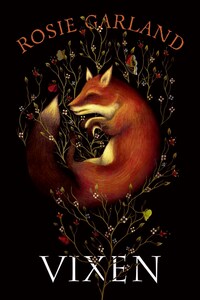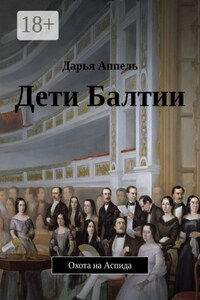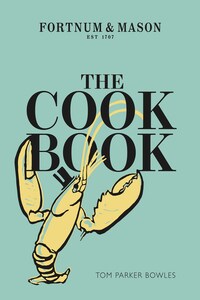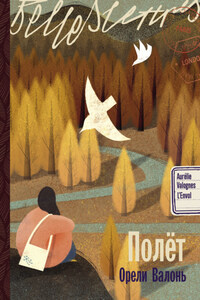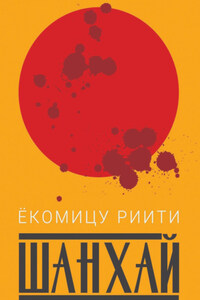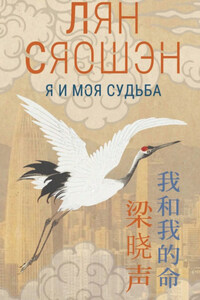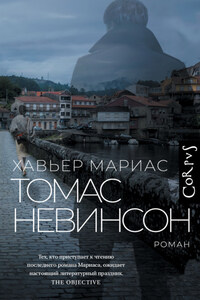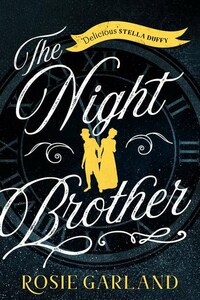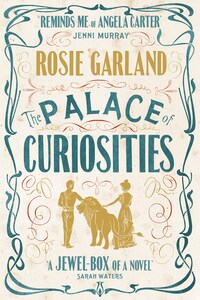I declare at the start that I was muddle-brained and spoilt. There. It is out.
For all that, I shall have my say. I wasted years holding my tongue, and the older I grow, the less I am inclined to wastage of any kind, be it time, or bread, or affection. I have not been a particularly good woman, by the reckoning of men. Nor have I been especially wicked. I have been close enough to Death to rub elbows, and what I saw in His eyes did not affright me.
Before I go into His great sleep, I should like to see the village once again: walk along Silver Street, turn west at the crossroads on to Church Street, lift my skirts and paddle through the ford where the Caen runs shallow, pass the church and arrive at the house. There shall I pause, hand on the gatepost, and look up the path to the door. Memory preserves things as they were, not as they are: I see the windows shuttered, more oilcloth than glass in the panes; the thatch half-rotten; the raw patch on the door where the Maid picked at the wood. Therein I saw out my fifteenth and came into my sixteenth year. Such a scant number of months, yet they encompassed a lifetime.
I think of the child I was. I think of Margret, my beloved friend. What she had in prettiness I possessed in plainness, although no mirror could persuade me of that fact. I was queen of my hearth, and carried that conviction into our games. I envied her and she bore the burden of my contrary nature with great meekness. I wish I had been a kinder companion. For does not Paul declare that the first shall be last and the last first?
I wish I could have seen where my feet were carrying me, the dangers of that path. If I had my time again – but here I go, twittering pointless wishes and dreams.
Perhaps my greatest foolishness was to think a grander fate awaited me: better than my sister Cat and her snot-nosed hatchling; better than my dam, planting turnips to feed us through hungry winters; at the very least, better than my brother Adam, gutted for some lord’s whim on a battlefield far from home.
Adam was an oak given breath: as tall, as strong, as gentle. When I wept he was my comfort. He strove to make me laugh, made me his special pet, bore me on his shoulders in games of horse and rider where I was his little lady fair and he my sturdy palfrey. He brought me pretty morsels: a roasted pigeon’s heart, marchpane from the Staple fair, a ribbon so blue I thought the sky should hang its head for being outdone in blueness.
He rose each morning, the sun of my life. The light he cast warmed the mud of my childish heart and I bloomed. I spent many an hour squeezing the muscles of his arm, transformed into rock by the rigours of drawing back the bowstring until the fletchings tickled his ear. How I cheered him at village contests, although he never carried off the prize. I could not understand, in my mind he was the best archer, the best brother, the best man at every task. He was my first love, my best love. I adored him with the innocent and all-consuming passion of a child, before she eats the apple and knows evil in the world.
Then, one spring, just after Candlemas, he was called to fight in France and we did not see him again. We lacked his body to grieve over, and mourned an emptiness that was without solace. I howled fit to tear the sky in half. I wanted God to tumble through the rift and fall to our patch of earth so that I could stick out my lip and demand, face to face, that He bring Adam back from dust. I was greedy with misery and believed none other felt it but me. No one slapped me out of my selfishness, not even Cat. I wept and wept until, just as suddenly, I stopped.
I woke that morning and watched my soul quit my body, slipping across the sea to join Adam. I became a girl without a shadow, a half-girl. I ate, I slept, I crouched over the bucket and squeezed myself empty, but was as lacking of life as the wooden saints in the church. My hands made gestures, my feet moved when commanded, but I was stiff, carved from some tough material that was no longer flesh.
